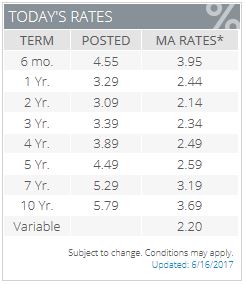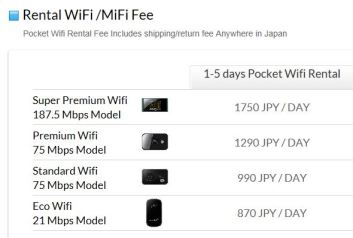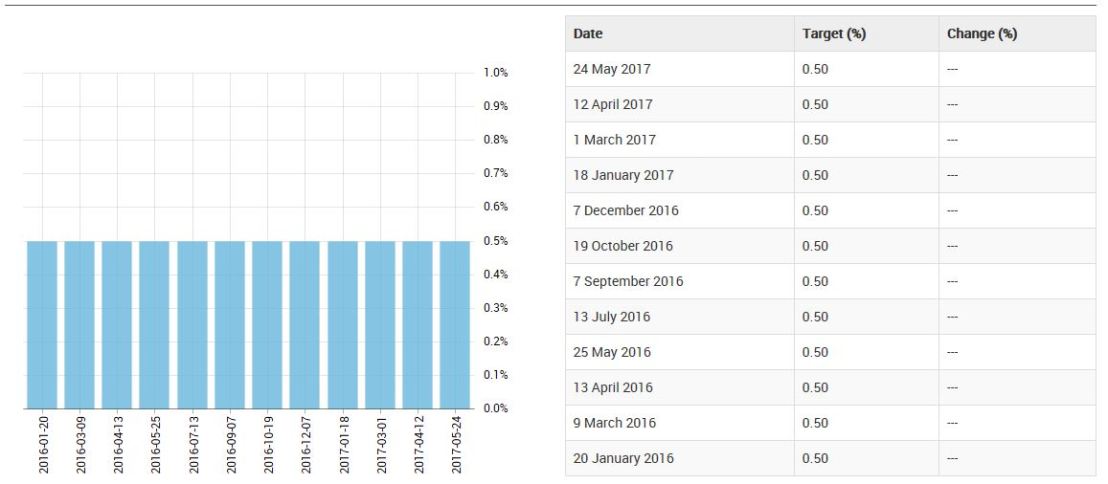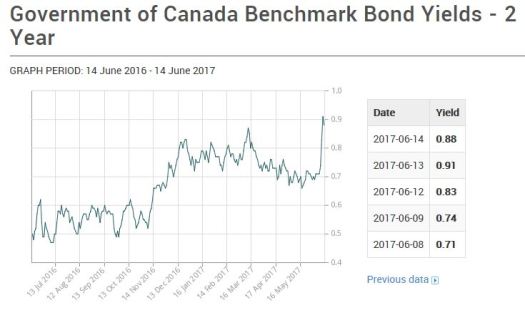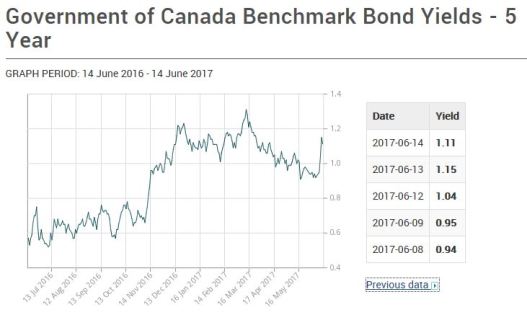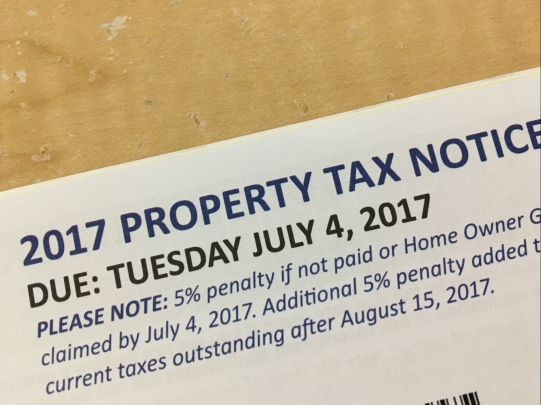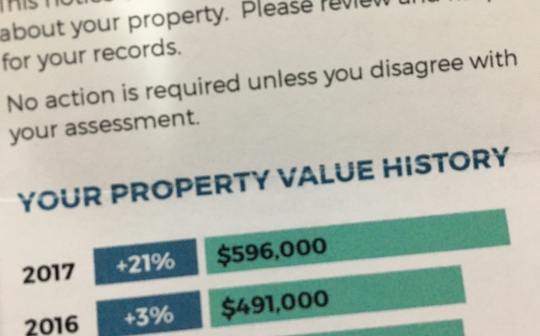The summer is super nice and we have been out and about at every opportunity that is why it took us to long to write my next blog. Recently we have been having discussions with some friends about the need of an emergency fund. If any of you cared about your personal finance you must have noticed all personal bankers / financial planner / media / paid ad recommend at least 3-6 months of your net income in your savings or chequing account. In the past decade we read a lot of personal finance articles, and we have yet to see a single article not recommending this, but we are about to write something that you likely have never seen.
We are here to objectively explain why it is almost never a good idea to put aside 3-6 months of net income in savings or chequing account. But first we need to make an important but realistic assumption: that unforeseeable unexpected bad things happen a lot less often than people think/fear. This is partly the way human brains are wired and partly from brainwashing from paid ads over long periods of time. I will not get into why financial institutions wants you to put money aside in savings account in perpetuity. Let’s be conservative and say the likelihood of bad things happening to you which requires you to use emergency fund is 10%. (lets be honest, if you feel chances of these events will happen to you is over 10%, then it is reasonable to say they are not “unforeseeable unexpected” events).
To make this as relevant as possible to you, we will present various scenarios.
Scenario #1:
Susan, 28 years old, $40K net income per year, recently got a condo (after reading this blog, good job!) and have a mortgage of $250K at 3% interest rate.
Good Susan: listened to her banker, put 3 months of net income, or $10K in her savings account at all times for emergencies.
Bad Susan: read our blog, did not put any money into savings account, but instead opened a personal line of credit with $10K limit at 5% interest (but absolutely no cost if zero usage), and use the $10K cash to pay down her mortgage.
A year later……
90% of the time: Nothing bad happened to Susan. Bad Susan is now $300 better off than Good Susan because Bad Susan reduced her mortgage balance by $10K a year ago ($10K x 3% interest savings = $300).
10% of the time: Shit happened and Susan lost her job for 3 months. Good Susan used all her $10K in savings to survive. Bad Susan, since no emergency fund in savings account, had to use her personal line of credit and paid $500 in interest ($10K usage x 5%)
In this scenario, Good Susan is actually implicitly paying $300 per year to protect herself from the 10% chance that bad things will happen to her. But with a personal line of credit in place, she only needs to pay $500 in the event shit does happen. The expected value against bad thing is only $50 (or $500 x 10% likelihood). In the long run Bad Susan is always $250 better off per year by not having an emergency fund in this case!
**Actually, some mortgages let you take out your previous bulk payment with no penalty or cost. Also other mortgages let you skip a few payments due to job loss, or even no reason at all!! etc. These options will completely eliminated any potential benefits of having an emergency fund for any mortgage holder. And you don’t even need a line of credit! To know more about embedded mortgage options, feel free to talk to us.**
Scenario #2:
Blow Joe, 20 years old, $20K net income per year, living pay cheque by pay cheque, live with parents, with combined running credit card balances of $5,000 at 20% interest.
Good Blow Joe: listened to his banker, put 3 months of net income, or $5K in his savings account at all times for emergencies, credit card balance remains at $5,000.
Bad Blow Joe: read our blog, did not put any money into savings account, but instead use the $5K cash to completely pay off his credit card balance.
A year later……
90% of the time: Nothing bad happened to Blow Joe. Bad Blow Joe is now $1,000 better off than Good Blow Joe because Bad Blow Joe paid off his $5,000 credit card a year ago ($5,000 x 20% interest savings = $1,000).
10% of the time: Shit happened and Blow Joe lost his job for 3 months. Good Blow Joe used all her $5,000 in savings to survive. Bad Blow Joe, since no emergency fund in savings account, had to cash advance on his same credit card and paid $1,000 in interest ($5,000 usage x 20%).
In this scenario, Good Blow Joe is actually implicitly paying $1,000 per year to protect himself from the 10% chance that bad things will happen to him. However she only needs to pay $1,000 interest in the event shit does happen. The expected value against bad thing is only $100 (or $1,000 x 10% likelihood). In the long run Bad Blow Joe is always $900 better off by not having an emergency fund in this case!
Summary:
Emergency funds is unnecessary if you have credit available to draw on when you did it. Best is to open a personal line of credit. Also those financial “guru” out there always says you are more likely to spend the money when you see it sitting in your account every time you check your online banking app. We personally never have any emergency funds and we are doing just fine. We have multiple unused personal line of credits and skip-a-mortgage payment options ready to save our butts at all times. We’ll just dip into those if we ever need it. Best of all, none of these products costs us a penny to setup!
Everyone’s situation is different. If you want to see how you structure your personal finance to eliminate the need of emergency funds, feel free to contact us. We love to chat and save people’s money.
Until next item!
